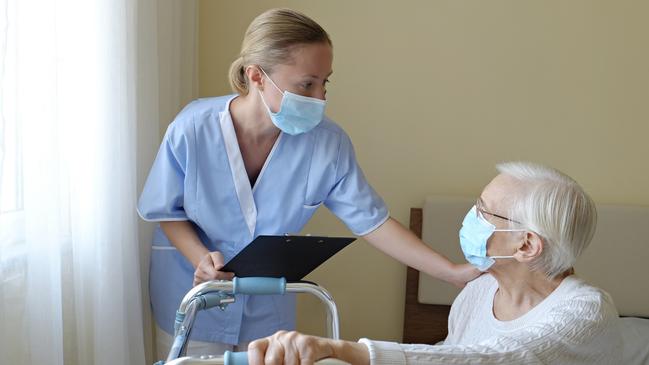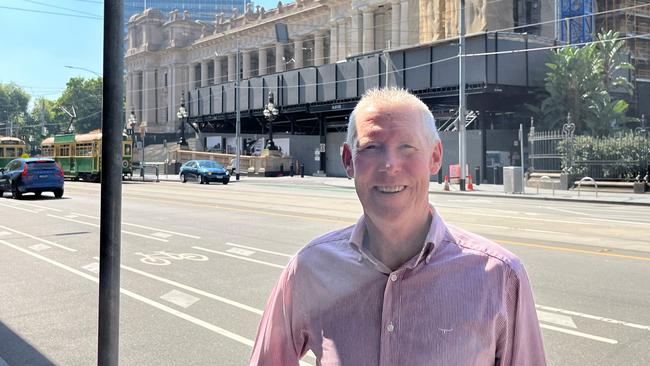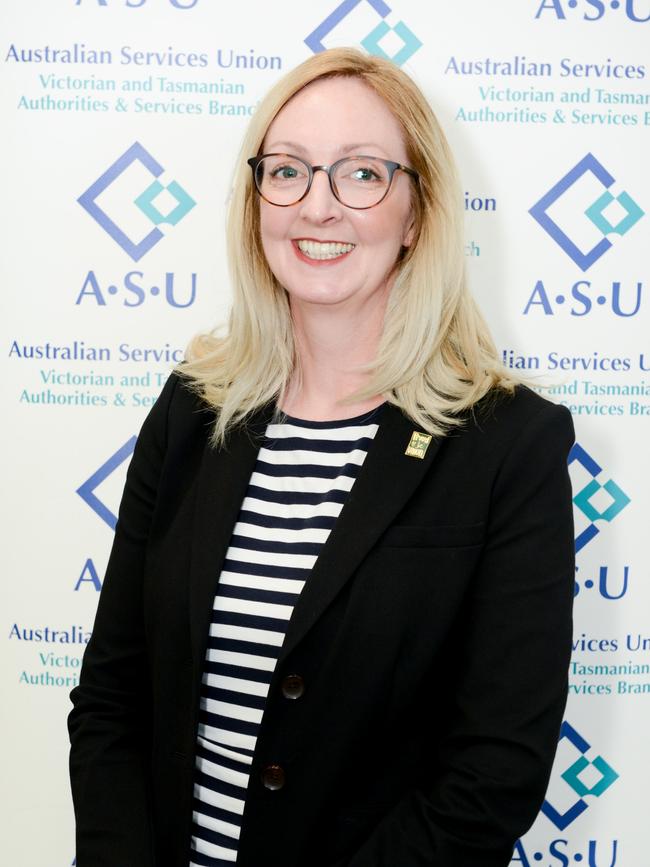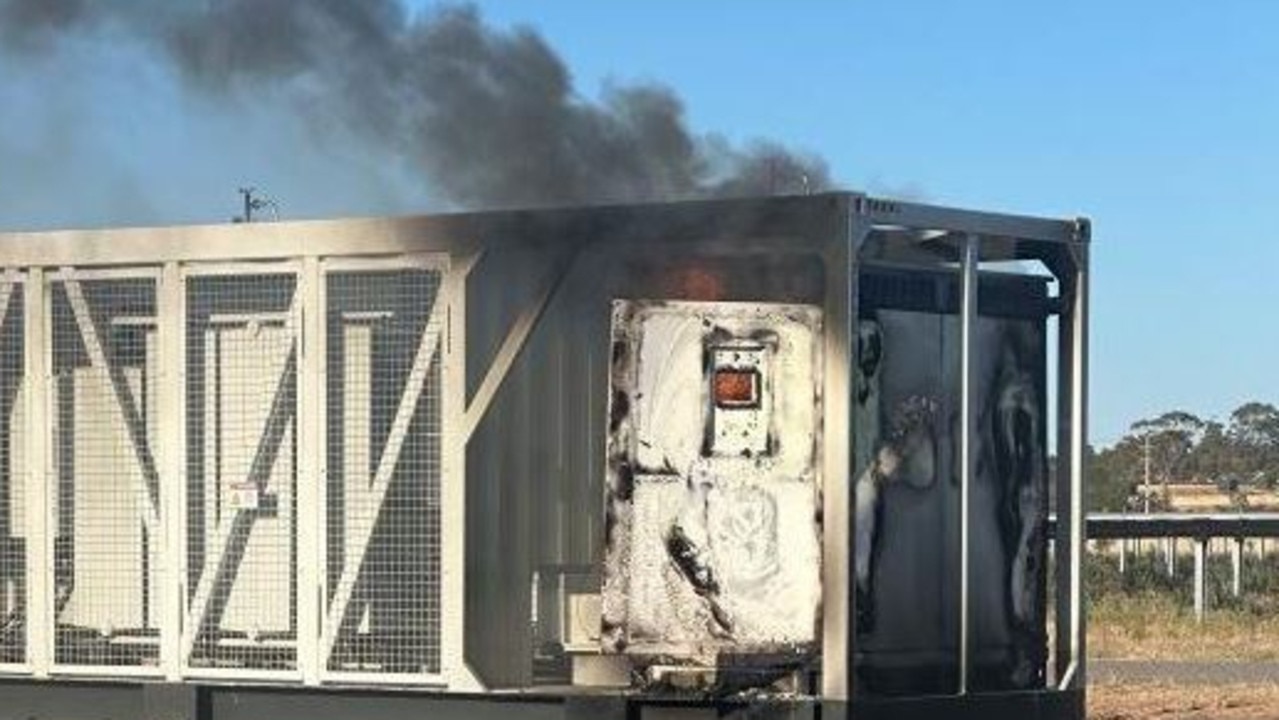End of an era: regional councils exit in-home aged care
Ten Victorian regional councils will stop offering in-home aged care services. Experts say they did well keeping up as long as they did.

Aged care advocates say clients and workers could both be worse off as private and not-for-profit providers take over in-home aged care services from local councils.
Ten regional and outer metropolitan Victorian councils in recent months have announced they will stop offering in-home aged care services like respite care, cleaning, home maintenance and meals on wheels to their residents.
Baw Baw, Benalla, Golden Plains, Shepparton, Hepburn, Latrobe, Mildura, Moorabool, Mornington Peninsula, Southern Grampians and Yarra Ranges councils have all announced they will exit the sector.

A total of 16 regional councils, including Campaspe, South Gippsland, Surf Coast and Indigo Shire, have already moved away from offering the services.
Other councils, including Pyrenees Shire, are likely to make announcements in coming months, but are waiting until after the federal election, Municipal Association of Victoria president and Pyrenees Shire mayor Cr David Clark said.
Cr Clark said many councils had done a great job of offering in-home aged care services for decades, but felt they now had to exit the sector because their services were no longer “viable” under the federal government’s new funding model.
“I would be surprised if there’s more than 20 per cent of the (council) sector still in the business (after 2024),” he said.
Following the Royal Commission into Aged Care Quality and Safety, the federal government announced aged care providers would be funded on a fee-for-service model, depending on the number of services they supplied to each of their clients, rather than being paid through block grants or subsidies. Those changes are due to take place by 2024.
Cr Clark said many councils didn’t have the “scale” to compete with larger providers. Councils also often paid their workers higher than aged care industry award rates and were no longer allowed to subsidise the cost of their services to residents due to national competition rules, which meant the sums no longer added up, he said.

Australian Services Union secretary Lisa Darmanin said workers in the private and not-for-profit sector could be paid $8 per hour less than their counterparts employed by local councils and often were not paid a travel allowance to visit client homes.
Ms Darmanin said lower pay often led to higher staff turnover, which could be disruptive for elderly residents.
“In rural and regional areas in particular, if you have a high turnover of staff, and clients are not getting the best out of that service, they will end up needing residential facilities sooner. And that becomes a strain on families and the region,” she said.
As an example, providers Uniting Agewell and MECWACARE paid staff $23 per hour and $23.60 per hour respectively, about $8.29 per hour less than the $31.87 Benalla Rural City and Southern Grampians Shire paid their staff in similar roles, Ms Darmanin said.
Council staff were often highly skilled, and were required to have a Certificate III in aged care, while their not-for-profit and private sector counterparts did not, she said.

For Mildura Rural City Council, one of the state’s largest rural councils, the decision to stop offering home care services had not been “taken lightly”, Community Care Services manager Cheree Jukes said.
Ms Jukes said it cost the council about $80 per hour to deliver services to each of its 1500 clients, some of whom lived up to one and a half hours from their nearest paid carer.
The council’s “most significant concerns” were for its most remote residents, and it would be “watching closely” to see whether they received the same level of care under the new government model, Ms Jukes said.
Ms Jukes acknowledged there was a “slight risk” of costs going up for clients once the council stopped offering its services.
“The preliminary figures we’ve seen from the Commonwealth is that they will be paying (providers) about $57 an hour for those entry level services. And then it would be up to the individual provider whether they can provide the service for that $57 an hour or whether or not they would ask for a customer contribution,” she said.
Campaspe Shire Council, which stopped offering in-home aged care to its residents in 2020, said there was “little change, if any” to prices or services offered to clients under new providers.
Ms Darmanin urged Victorian local councils to think carefully before exiting the sector.
“Victoria has the best aged care system in the country, and it would be a travesty to unravel that,” she said.
“We think it’s really important that every other alternative angle should be exhausted before taking that step.”





